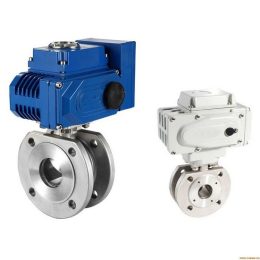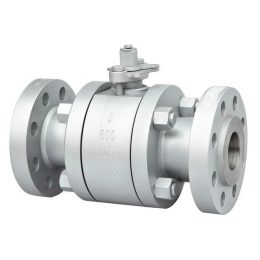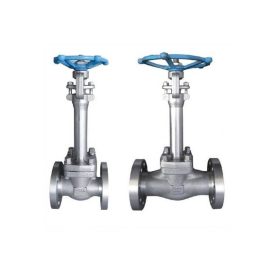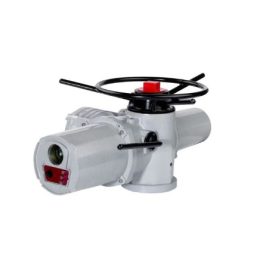The Valve Quality Certificate Shall Include
Valves are crucial components in various industries, from oil and gas to manufacturing and beyond. As such, it is important to ensure that these valves meet certain standards of quality and safety. One way to ensure this is through the valve quality certificate. In this article, we will discuss the essential information that should be included in a valve quality certificate.
Name of Manufacturer and Date of Manufacture
The first piece of information that should be included in a valve quality certificate is the name of the manufacturer and the date of manufacture. This is important for traceability purposes, as it allows the valve to be traced back to its origin in case any issues arise.
Product Name, Model and Specification
Next, the valve quality certificate should include the product name, model, and specification. This information is important for identifying the specific valve in question and ensuring that it meets the necessary requirements for its intended use.
Nominal Pressure, Nominal Diameter, Applicable Medium and Applicable Temperature
Another key piece of information that should be included in a valve quality certificate is the nominal pressure, nominal diameter, applicable medium, and applicable temperature. These factors are important for determining the valve’s compatibility with the intended application and ensuring that it can safely and effectively perform its intended function.
Conclusion of the Test and Date of the Test
In addition to the above information, the valve quality certificate should also include the conclusion of the test and the date of the test. This information is important for verifying that the valve has been tested and meets the necessary standards for quality and safety.
Factory Number, Inspector and Signature of Inspector
Finally, the valve quality certificate should include the factory number, inspector, and signature of the inspector. This information is important for tracking the valve through the production process and ensuring that it has been inspected and approved by a qualified professional.
In conclusion, a valve quality certificate is an essential document for ensuring the quality and safety of valves used in various industries. By including the above information in the certificate, manufacturers and users can be confident that the valve meets the necessary standards for its intended use.



